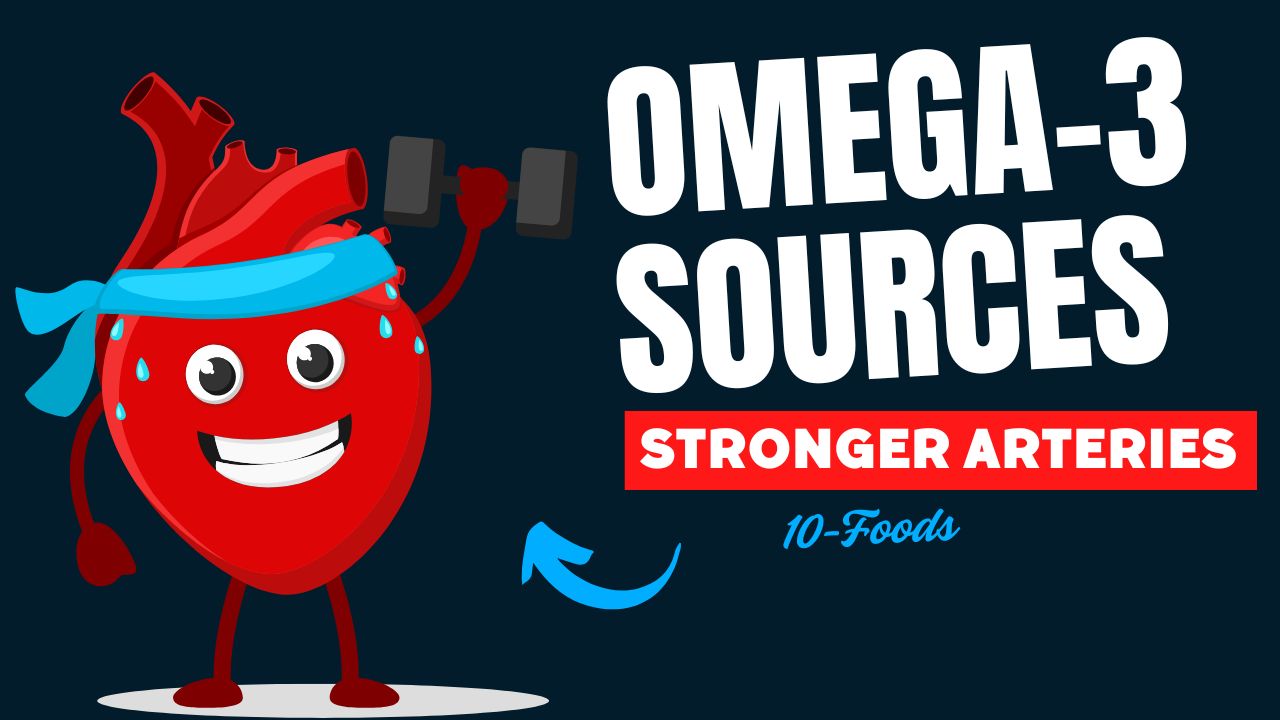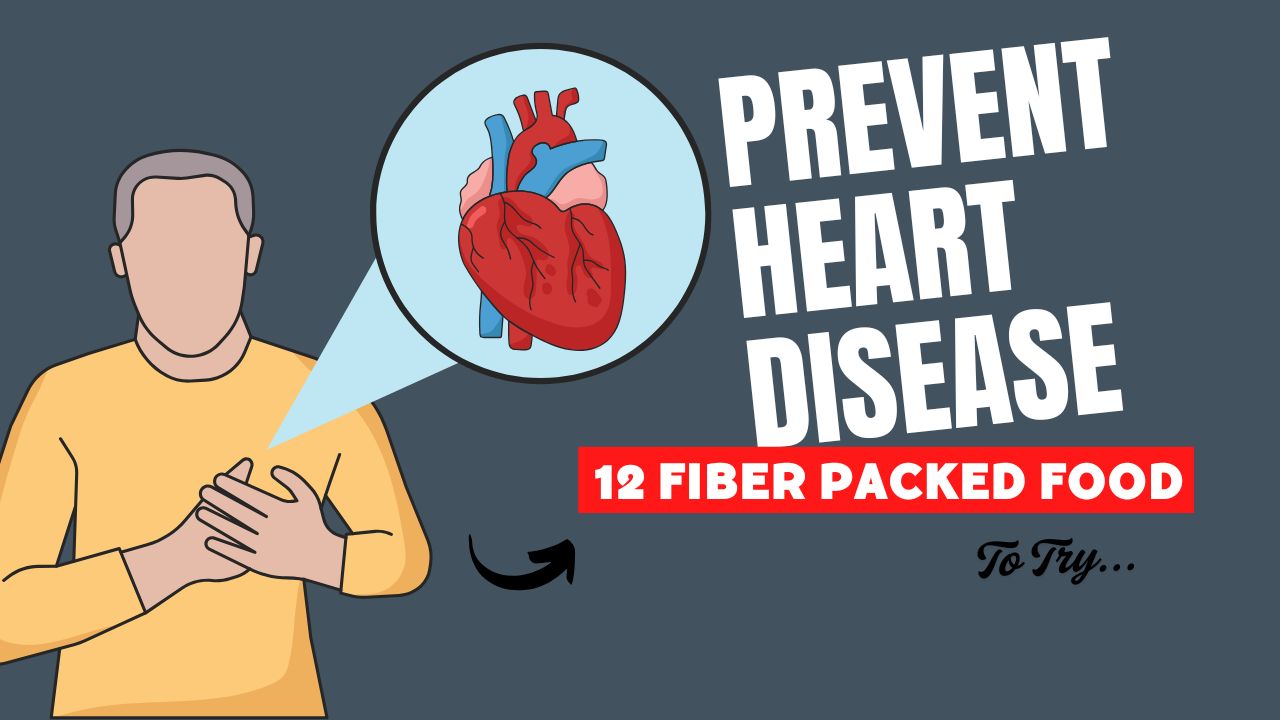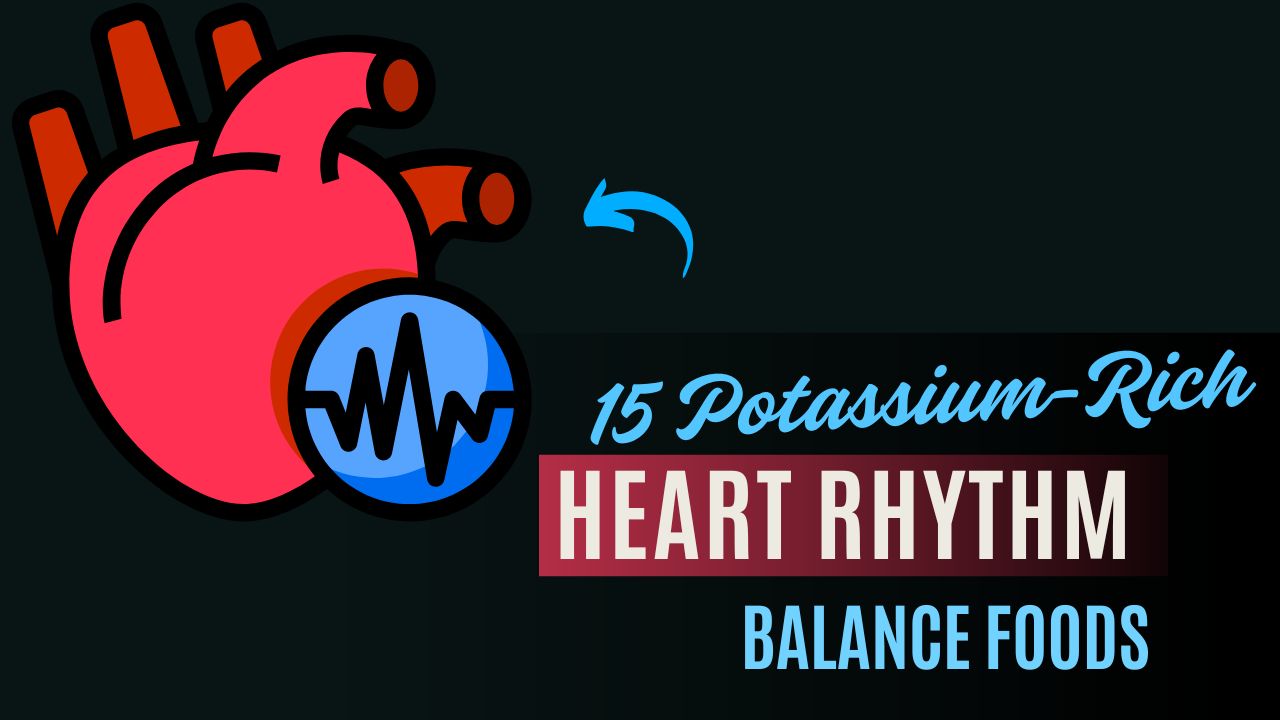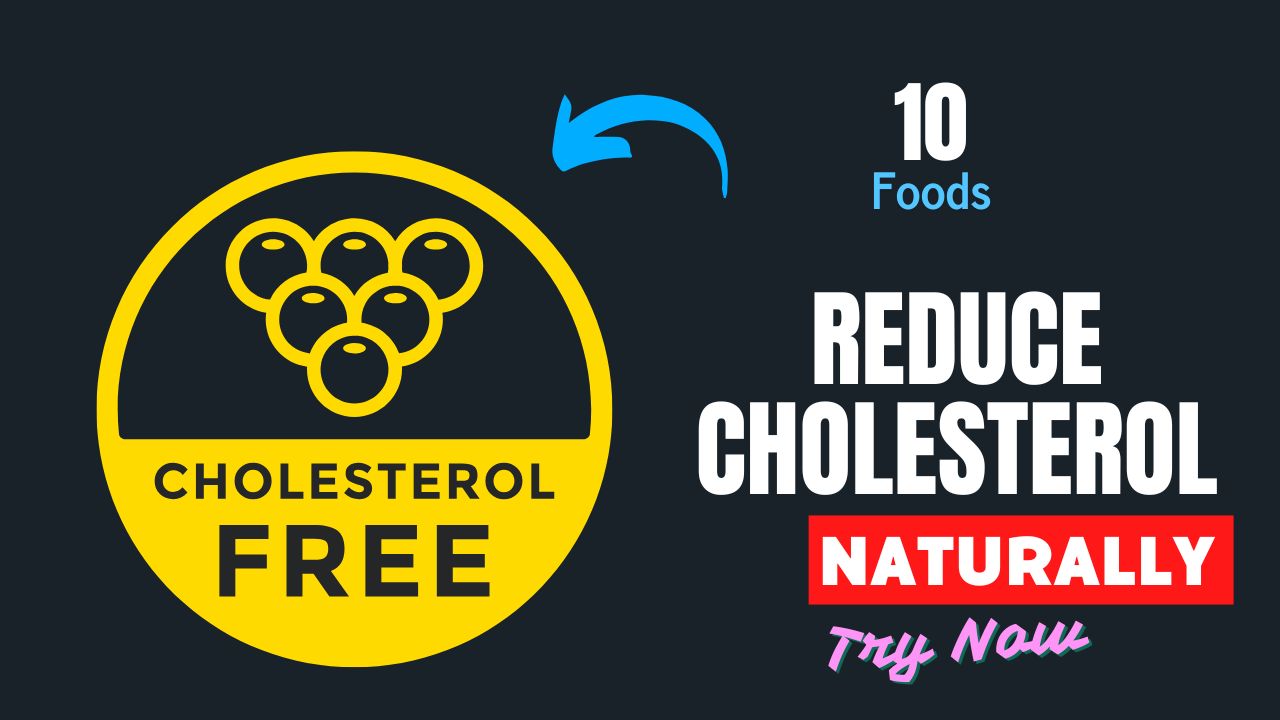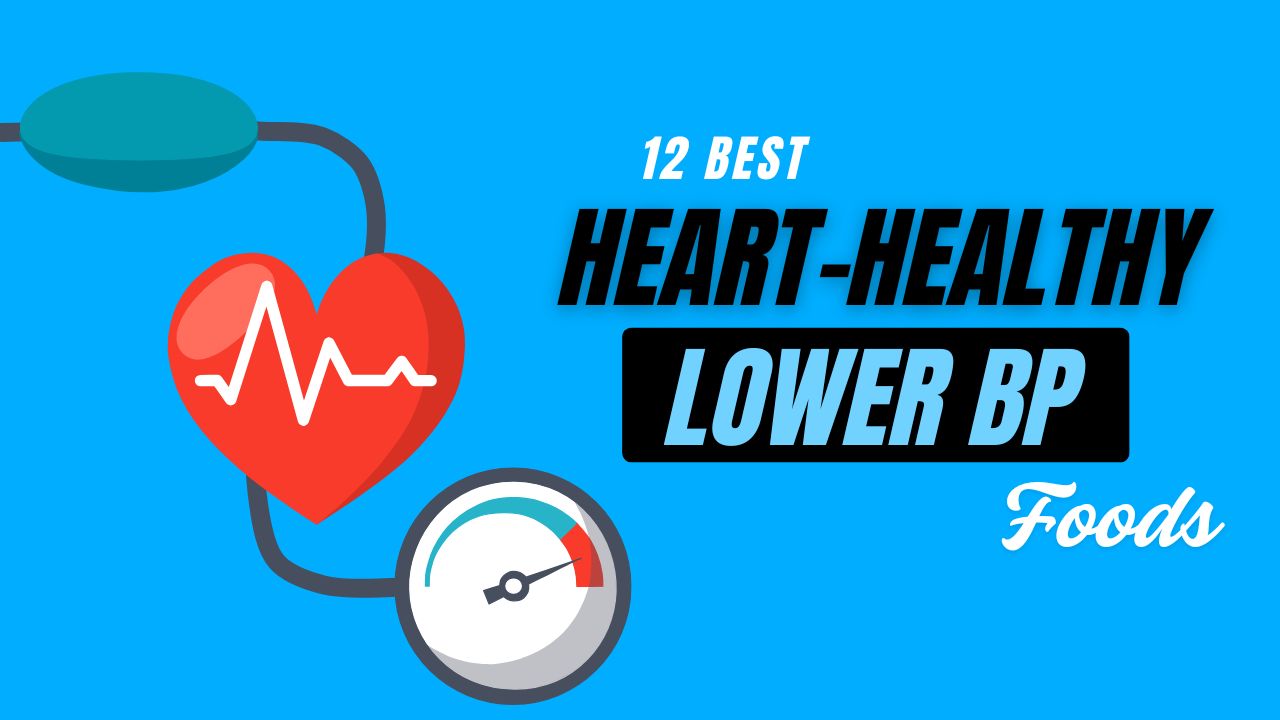Struggling with fatigue, tingling sensations, or constant brain fog? You might be missing something essential—not caffeine or sugar, but B vitamins.
These powerhouse nutrients are often overlooked, yet they are the backbone of your nerve health, energy production, and mental clarity.
Do you know that a deficiency in just one B vitamin, like B12, can mimic serious neurological disorders, causing numbness, weakness, or even memory loss?
While supplements exist, the best way to fuel your nerves is by adding B vitamin–rich foods to your daily meals.
In this article, we’ll explore 10 foods packed with B vitamins that not only strengthen your nervous system but also support overall well-being. We’ll cover:
- Which foods are naturally rich in different B vitamins.
- How to eat or cook them for maximum benefit.
- Who should eat or avoid them.
- Storage and buying tips for freshness.
- Do’s & don’ts to retain nutrients.
- Possible side effects if consumed in excess.
Let’s dive into the foods that keep your nerves firing strong.
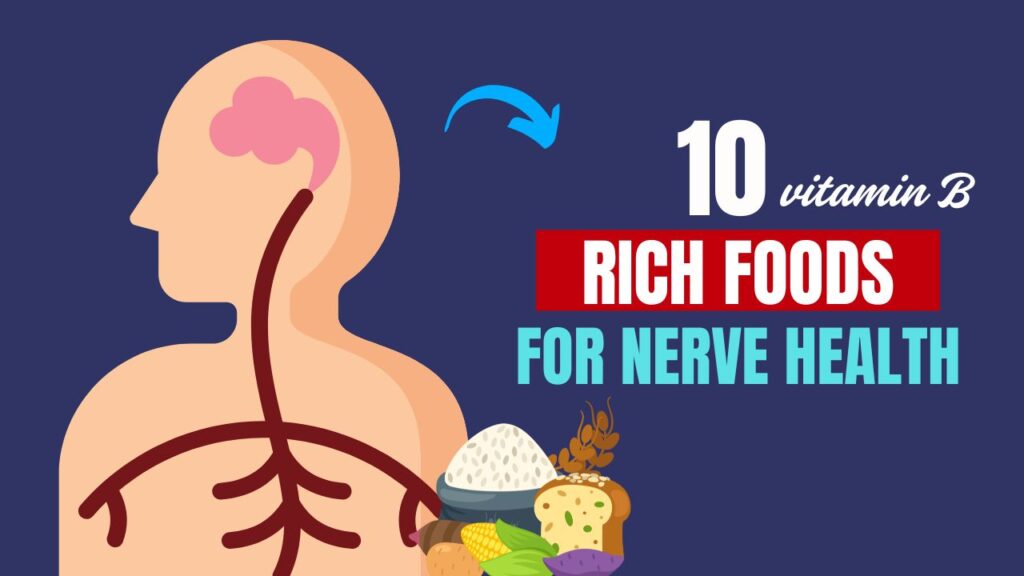
Table of Contents
Top 10 Foods That Are Rich With Vitamins B
1. Eggs
Best Ways to Eat or Use It
- Boiled, scrambled, poached, or baked into dishes.
- Add to salads, sandwiches, or breakfast bowls.
- For maximum B-vitamin retention, avoid over-frying.
Who Should Eat / Avoid
- Good for: Pregnant women (rich in folate and B12), athletes, and students needing brain power.
- Avoid/Limit if: Allergic to eggs or following a strict vegan diet.
Storage & Buying Tips
- Choose pasture-raised or organic eggs for higher nutrient quality.
- Store in the refrigerator and use within 3–4 weeks.
Do’s & Don’ts
✅ Do: Pair with vegetables for balanced nutrition.
❌ Don’t: Reheat eggs multiple times—it reduces vitamin content.
Possible Side Effects
- Excessive consumption may raise cholesterol for sensitive individuals.
2. Salmon
Best Ways to Eat or Use It
- Grilled, baked, or steamed for nutrient preservation.
- Use in salads, sushi, or grain bowls.
Who Should Eat / Avoid
- Good for: People with nerve pain, older adults, and those needing omega-3 + B12 boost.
- Avoid/Limit if: You have seafood allergies or are pregnant (limit intake due to mercury levels).
Storage & Buying Tips
- Buy wild-caught salmon when possible.
- Store fresh fish on ice and consume within 2 days.
Do’s & Don’ts
✅ Do: Add lemon juice to enhance absorption.
❌ Don’t: Fry excessively—destroys B vitamins.
Possible Side Effects
- Overeating can increase mercury exposure.
3. Lentils
Best Ways to Eat or Use It
- Add to soups, curries, and salads.
- Sprouted lentils enhance folate absorption.
Who Should Eat / Avoid
- Good for: Vegans, vegetarians, and people with anemia.
- Avoid/Limit if: You have digestive issues with legumes.
Storage & Buying Tips
- Choose dry lentils without cracks or discoloration.
- Store in airtight jars in a cool, dry place.
Do’s & Don’ts
✅ Do: Soak before cooking for easier digestion.
❌ Don’t: Overcook, as folate content diminishes.
Possible Side Effects
- Can cause bloating if not soaked or cooked properly.
4. Spinach
Best Ways to Eat or Use It
- Steam lightly, blend into smoothies, or sauté with garlic.
- Pair with citrus fruits for better folate absorption.
Who Should Eat / Avoid
- Good for: Pregnant women, children, and those needing nerve repair.
- Avoid/Limit if: You have kidney stones (high in oxalates).
Storage & Buying Tips
- Buy fresh, vibrant green leaves.
- Store unwashed in a paper towel inside the fridge for up to a week.
Do’s & Don’ts
✅ Do: Eat raw in salads for maximum vitamin content.
❌ Don’t: Boil for long—it leaches water-soluble vitamins.
Possible Side Effects
- Overconsumption may interfere with calcium absorption.
5. Beef Liver
Best Ways to Eat or Use It
- Pan-sear lightly with herbs and onions.
- Add small portions to stews or ground beef dishes.
Who Should Eat / Avoid
- Good for: People with B12 deficiency, anemia, and athletes.
- Avoid/Limit if: You have high cholesterol or gout.
Storage & Buying Tips
- Buy from grass-fed sources.
- Freeze if not used within 2 days.
Do’s & Don’ts
✅ Do: Eat once a week for a vitamin boost.
❌ Don’t: Eat daily—too much vitamin A can be toxic.
Possible Side Effects
- Overeating may lead to vitamin A toxicity.
6. Chickpeas
Best Ways to Eat or Use It
- Blend into hummus, roast for snacks, or add to curries.
- Combine with whole grains for a complete protein source.
Who Should Eat / Avoid
- Good for: Vegans, children, and those needing folate.
- Avoid/Limit if: You have legume intolerance or IBS.
Storage & Buying Tips
- Buy canned (BPA-free) or dried chickpeas.
- Store dried in airtight containers.
Do’s & Don’ts
✅ Do: Soak overnight for faster cooking.
❌ Don’t: Use salty canned chickpeas without rinsing.
Possible Side Effects
- Can cause bloating due to fiber and starch content.
7. Milk
Best Ways to Eat or Use It
- Drink plain, add to smoothies, or use in oatmeal.
- Best consumed fresh rather than boiled for long periods.
Who Should Eat / Avoid
- Good for: Children, elderly, and those needing riboflavin (B2).
- Avoid/Limit if: Lactose intolerant or allergic to dairy.
Storage & Buying Tips
- Buy pasteurized milk.
- Refrigerate immediately and use within 5–7 days.
Do’s & Don’ts
✅ Do: Use with whole grains for balanced nutrition.
❌ Don’t: Leave at room temperature for long.
Possible Side Effects
- May cause digestive discomfort in lactose-intolerant individuals.
8. Sunflower Seeds
Best Ways to Eat or Use It
- Eat raw as snacks, add to salads, or sprinkle over yogurt.
- Can be blended into seed butter.
Who Should Eat / Avoid
- Good for: Vegans, athletes, and people needing stress relief.
- Avoid/Limit if: You’re allergic to seeds.
Storage & Buying Tips
- Choose raw, unsalted seeds.
- Store in airtight containers to prevent rancidity.
Do’s & Don’ts
✅ Do: Add to trail mix for quick snacks.
❌ Don’t: Consume too much salted variety.
Possible Side Effects
- High in calories—may cause weight gain if overeaten.
9. Bananas
Best Ways to Eat or Use It
- Eat raw, blend into smoothies, or slice on oatmeal.
- Pair with peanut butter for a balanced snack.
Who Should Eat / Avoid
- Good for: Students, athletes, and people with stress.
- Avoid/Limit if: Diabetic (consume in moderation).
Storage & Buying Tips
- Buy slightly green bananas for longer shelf life.
- Store at room temperature.
Do’s & Don’ts
✅ Do: Eat as pre-workout fuel.
❌ Don’t: Refrigerate unripe bananas.
Possible Side Effects
- Overeating may spike blood sugar.
10. Fortified Whole Grains
Best Ways to Eat or Use It
- Eat whole-grain bread, oats, or fortified cereals.
- Pair with milk for a balanced breakfast.
Who Should Eat / Avoid
- Good for: Busy professionals, vegans, and kids.
- Avoid/Limit if: Sensitive to gluten (opt for gluten-free versions).
Storage & Buying Tips
- Choose brands with “100% whole grain” labels.
- Store in airtight containers to prevent spoilage.
Do’s & Don’ts
✅ Do: Mix with legumes for complete nutrition.
❌ Don’t: Choose highly processed versions.
Possible Side Effects
- Some fortified cereals contain added sugars.
Conclusion
B vitamins are the unsung heroes of nerve health—fueling your energy, boosting brain function, and protecting your nervous system from long-term damage.
From eggs and salmon to lentils and spinach, these 10 foods are natural, delicious ways to ensure your body gets what it needs.
If you often feel sluggish, anxious, or mentally drained, consider adding these foods to your plate. A small dietary change today can protect your nerves for years to come.
Frequently Asked Questions (FAQs)
Which B vitamin is most important for nerve health?
Vitamin B12 is considered the most critical for nerve health because it helps maintain the protective covering (myelin sheath) around nerves. Deficiency can lead to numbness, tingling, and even long-term nerve damage.
Can you get enough B vitamins from food alone?
Yes, many people can meet their daily B vitamin needs through a balanced diet that includes animal products, whole grains, legumes, seeds, and leafy greens. However, vegans or those with absorption issues may require supplements.
What happens if you have a B vitamin deficiency?
Deficiency symptoms vary depending on which B vitamin is lacking but may include fatigue, irritability, tingling in hands or feet, memory issues, skin problems, and anemia. Severe deficiencies can affect the nervous system long-term.
Are B vitamins safe to take every day?
Yes, B vitamins are water-soluble, so the body usually excretes excess amounts. However, very high doses of supplements—especially B6—can cause nerve damage or other side effects. It’s best to meet your needs mainly through food.
Can vegans get enough B vitamins without supplements?
It’s challenging for vegans to get sufficient Vitamin B12 since it’s found mostly in animal products. They should consume fortified foods (like cereals and plant-based milks) or consider a B12 supplement. Other B vitamins can be obtained from legumes, nuts, seeds, and leafy greens.
Do B vitamins give you energy?
B vitamins don’t directly provide energy like calories do, but they help your body convert food (carbohydrates, fats, proteins) into usable energy. A deficiency can leave you feeling fatigued and low in stamina.
Which foods are the richest in Vitamin B12?
Animal-based foods such as beef liver, salmon, eggs, and dairy products are the richest natural sources of Vitamin B12. Vegans can rely on fortified foods or supplements to meet their needs.
Can too many B vitamins cause side effects?
Yes, while rare, excessive intake of certain B vitamins (like B6 or niacin) can cause side effects such as nerve pain, skin flushing, or digestive upset. It’s best to stick to recommended daily amounts unless advised by a doctor.
Are B vitamin supplements better than food sources?
Supplements can be helpful for those with deficiencies or absorption problems, but whole foods provide additional nutrients and fiber that supplements lack. A food-first approach is always ideal.
How long does it take to see benefits from eating B vitamin–rich foods?
This depends on your deficiency level. Some people notice improvements in energy and mood within a few days to weeks, while nerve repair and long-term benefits may take months of consistent intake.
